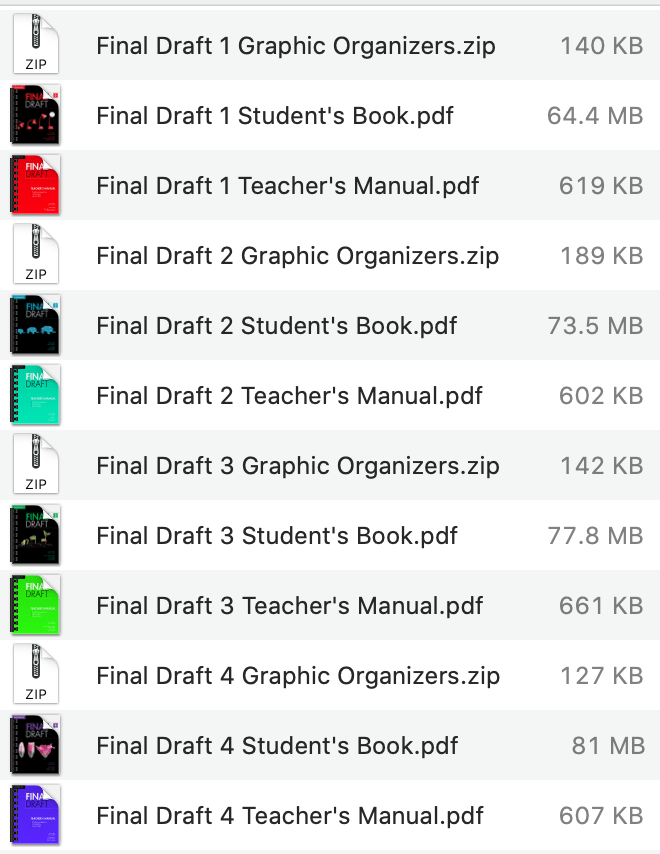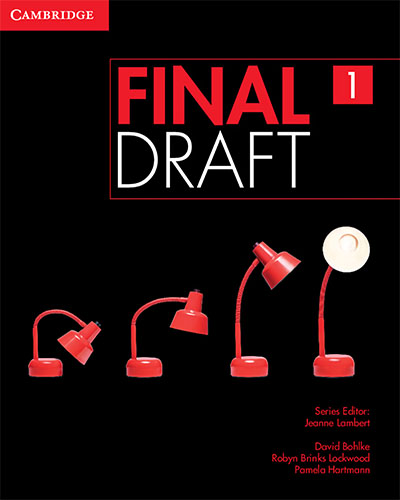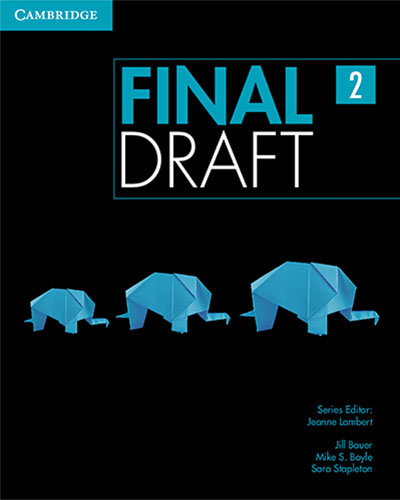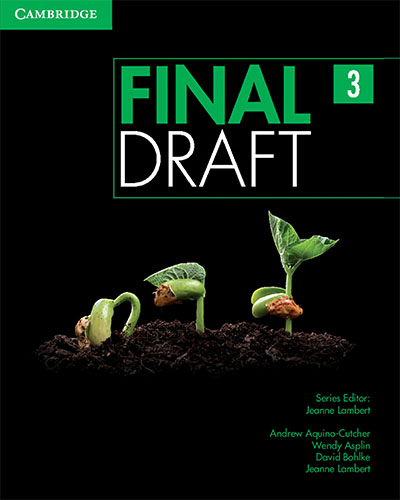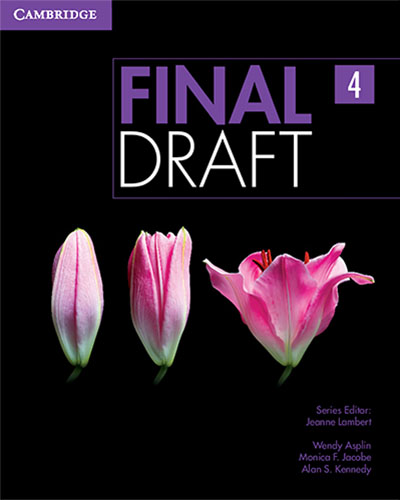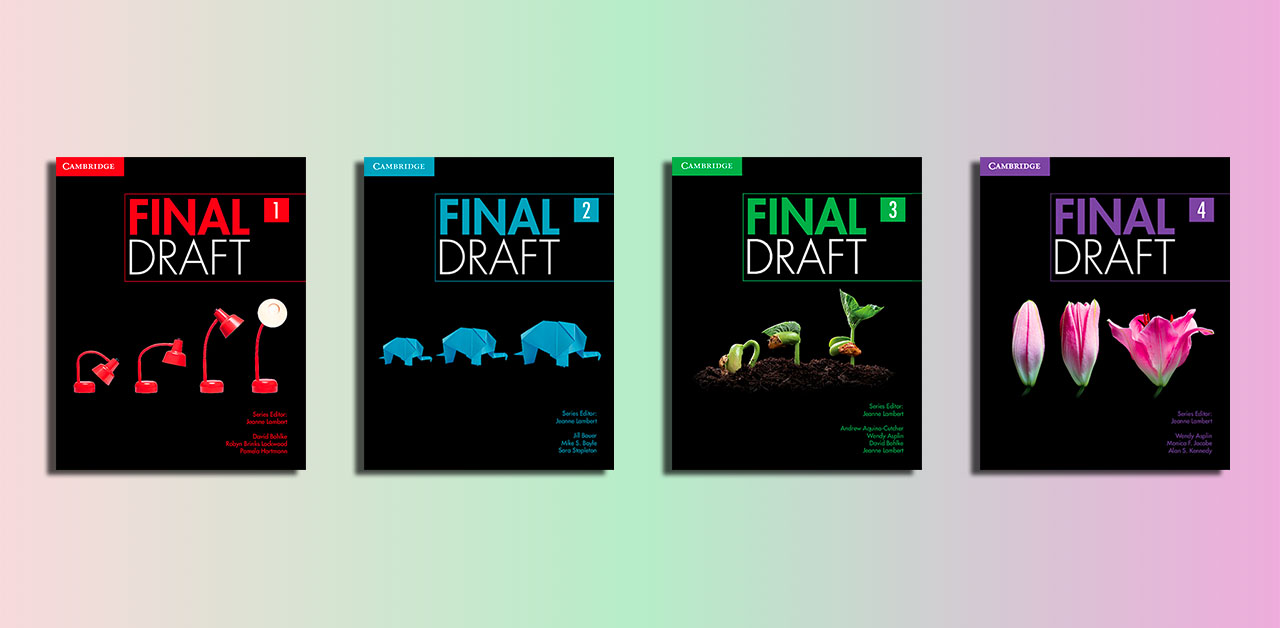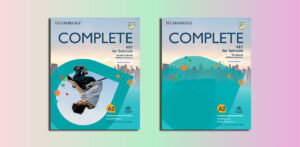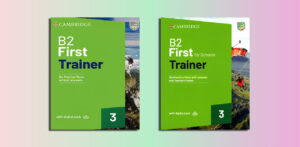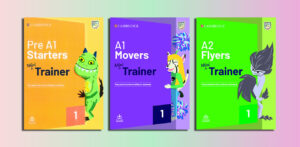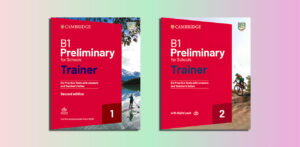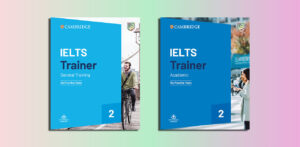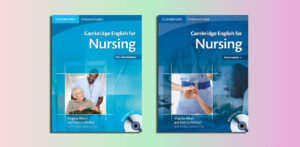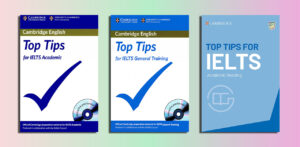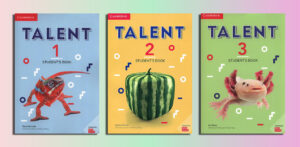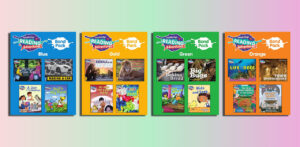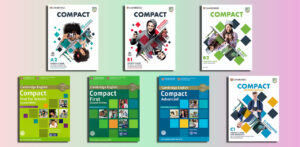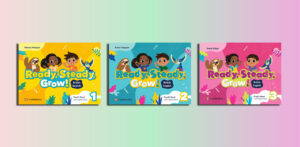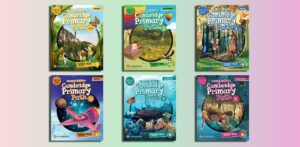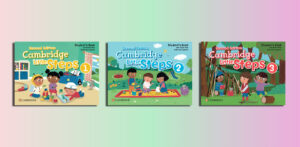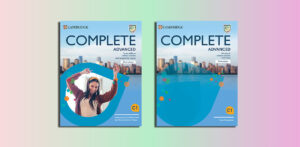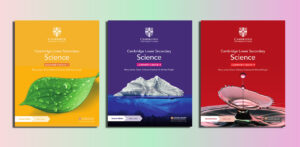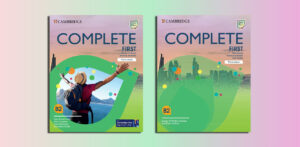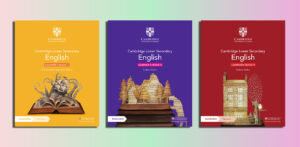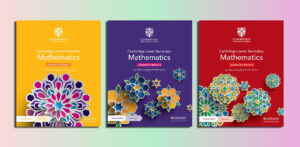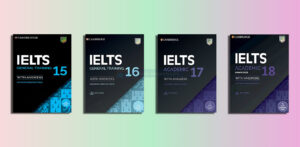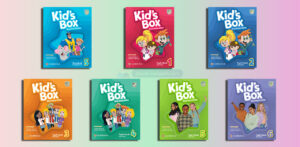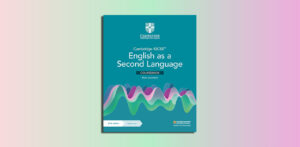Final Draft (PDFs, Resources)
Level 1 (A2)
Final Draft 1 Graphic Organizers.zip
Final Draft 1 Student’s Book.pdf – Sample: Click
Final Draft 1 Teacher’s Manual.pdf – Sample: Click
Level 2 (B1)
Final Draft 2 Graphic Organizers.zip
Final Draft 2 Student’s Book.pdf – Sample: Click
Final Draft 2 Teacher’s Manual.pdf – Sample: Click
Level 3 (B2)
Final Draft 3 Graphic Organizers.zip
Final Draft 3 Student’s Book.pdf – Sample: Click
Final Draft 3 Teacher’s Manual.pdf – Sample: Click
Level 4 (C1)
Final Draft 4 Graphic Organizers.zip
Final Draft 4 Student’s Book.pdf – Sample: Click
Final Draft 4 Teacher’s Manual.pdf – Sample: Click
| Image | Name | Price | Buy |
|---|---|---|---|
| Final Draft 1 (PDFs, Resources) | $6 | ||
| Final Draft 2 (PDFs, Resources) | $6 | ||
| Final Draft 3 (PDFs, Resources) | $6 | ||
| Final Draft 4 (PDFs, Resources) | $6 | ||
| Final Draft - All 4 Levels (PDFs, Resources) | $20 |
✅ Get Final Draft (PDFs, Resources): $6 for one level; $20 for all 4 levels
๏ Other payment methods: Click here
Overview of the “Final Draft”
Contents
| ✅ Coursebook: | Final Draft |
| ✅ Author: | Jeanne Lambert |
| ✅ Publisher: | Cambridge University Press |
| ✅ For: | Higher Education |
| ✅ Skill: | Writing, Academic |
| ✅ Levels: | A2, B1, B2, C1 (High beginning – Advanced) |
| ✅ Publication year: | 2016 |
“Final Draft” by Cambridge, authored by Jeanne Lambert, is an academic writing course tailored for high beginning to advanced students aiming to enhance their writing skills for university studies. The course is meticulously designed to scaffold students’ learning in academic writing, offering a progressive approach from high beginning (Level 1: A2) to advanced (Level 4: C1) levels based on the Common European Framework of Reference for Languages (CEFR).
The course emphasizes the development of a strong academic voice through the introduction of rhetorical modes, academic vocabulary, and structures. It prepares students to write effectively and confidently by teaching them a systematic approach to writing that covers both foundational and higher-level skills. A unique aspect of Final Draft is its focus on editing and avoiding common grammar mistakes, drawing from a vast collection of over 50 million examples of nonnative speakers’ writing. This focus on real-world and student writing models ensures that learners can make direct connections between their classwork and future university studies.
Key features of Final Draft include:
- Preparation for college writing courses: It provides real-world and student writing models to help students see the relevance of their writing class to their future academic pursuits.
- Teaching of high-frequency academic vocabulary, phrases, and collocations: The course content is selected based on research to ensure students learn the language necessary for success in college-level writing. It also focuses on how to use this vocabulary naturally.
- Mastery of academic writing techniques: Students are taught through a systematic approach complemented by practical activities throughout the course. This ensures a thorough understanding and application of academic writing principles.
Additionally, every Student’s Book includes access to Writing Skills Interactive, an online course that offers instruction and practice across a range of discrete writing skills, as well as an eBook. This digital component provides students with the flexibility to study and practice their writing skills independently, further enhancing their learning experience.
Final Draft stands out as a comprehensive resource for students aiming to master academic writing, equipping them with the skills needed to succeed in their university studies and beyond.
Final Draft 1 Student’s Book
Who is suitable for ‘Final Draft’?
“Final Draft” is suitable for a wide range of learners, particularly those who are preparing for higher education and need to improve their academic writing skills. Here’s a breakdown of who would benefit the most from this course:
- High Beginning to Advanced Students: The course is designed to cater to learners at various stages of their English language learning journey, from high beginning (A2) to advanced (C1) levels according to the Common European Framework of Reference for Languages (CEFR). This makes it accessible to students who have just started learning English as well as those who are looking to refine their advanced writing skills.
- University-bound Students: Given its emphasis on academic writing, “Final Draft” is particularly suitable for students who are planning to attend university. The course helps them develop the writing skills needed for success in college courses, such as crafting well-structured essays, reports, and research papers.
- Students Seeking to Develop an Academic Voice: The course focuses on helping students develop their own academic voice through the introduction of rhetorical modes, academic vocabulary, and structures. It’s ideal for learners who wish to express their ideas clearly and effectively in an academic setting.
- Learners Who Need Practice in Editing and Grammar: Students who want to improve their grammar and editing skills will find the course valuable. “Final Draft” uses a unique collection of examples from nonnative speakers’ writing to teach students how to avoid common mistakes and promote accuracy in writing.
- Self-directed Learners: With the inclusion of Writing Skills Interactive, an online course, and an eBook with every Student’s Book, “Final Draft” is also well-suited for learners who prefer studying independently. These digital resources allow students to practice their writing skills at their own pace, making it a flexible option for busy individuals or those who cannot attend regular classes.
- Nonnative Speakers of English: The course is specifically designed to address the challenges faced by nonnative English speakers. It aims to equip them with the necessary skills to write confidently and competently in an academic context.
- Educators Looking for a Comprehensive Writing Course: Teachers and tutors who are searching for a structured, level-appropriate writing course for their students will find “Final Draft” to be a comprehensive resource that covers all the bases—from vocabulary and grammar to the nuances of academic writing.
In summary, “Final Draft” is suitable for a broad audience, especially those who are on a path to higher education or seeking to improve their academic writing skills for professional or personal growth.
Final Draft 2 Student’s Book
The benefits of ‘Final Draft’
“Final Draft” offers a comprehensive suite of benefits tailored to improve academic writing skills, preparing students for success in higher education and beyond. The key benefits of this program include:
- Enhanced Writing Confidence: Through systematic exposure to the processes and practices of academic writing, students develop confidence in their writing abilities. Confidence is key to effective writing, and “Final Draft” ensures learners build this essential trait by mastering various writing tasks.
- Development of Academic Voice: The course emphasizes the importance of finding and refining one’s academic voice. Students learn to express their ideas and arguments in a clear, authoritative manner, which is crucial for university-level writing and professional communication.
- Mastery of Rhetorical Modes: Understanding and applying rhetorical modes—such as description, comparison, cause and effect, and argumentation—enables students to structure their writing according to the purpose and audience. This knowledge is vital for crafting compelling and organized essays and papers.
- Acquisition of Academic Vocabulary and Structures: “Final Draft” teaches high-frequency academic vocabulary, phrases, and collocations, aiding students in articulating their thoughts more precisely and fluently. Knowledge of academic language structures is essential for writing at the college level.
- Systematic Approach to Writing: The course’s systematic approach to teaching writing skills—from basic grammar to advanced composition techniques—ensures that students progressively build their abilities in a structured manner. This approach helps in retaining and applying what is learned.
- Grammar and Editing Skills: By focusing on the most common grammar mistakes drawn from a vast database of nonnative speakers’ writing, “Final Draft” helps students improve their accuracy in writing. The ability to self-edit and recognize errors is crucial for producing polished, professional texts.
- Preparation for College Writing: The inclusion of real-world and student writing models allows learners to understand the expectations of academic writing and how to meet them effectively. This preparation is invaluable for those entering college, where writing standards are significantly higher than in secondary education.
- Access to Digital Learning Resources: With every Student’s Book including access to Writing Skills Interactive and an eBook, students benefit from additional online instruction and practice. These digital resources offer flexibility in learning, allowing students to improve their writing skills at their own pace and on their own schedule.
- Research-based Content: The vocabulary, phrases, and writing techniques taught in “Final Draft” are selected based on research, ensuring that students are learning the most relevant and impactful content. This research-backed approach enhances the effectiveness of the learning experience.
Overall, “Final Draft” equips students with the comprehensive writing skills needed for academic success, fostering both the technical proficiency and the confidence to excel in any writing-intensive environment.
Final Draft 3 Student’s Book
Effective teaching and learning strategies for ‘Final Draft’
Implementing effective teaching and learning strategies is crucial to maximize the benefits of “Final Draft” in developing students’ academic writing skills. Here are some strategies educators and learners can adopt to enhance the teaching and learning experience with “Final Draft”:
For Educators:
- Differentiated Instruction: Recognize the diverse levels of learners in your classroom. Use “Final Draft’s” range of levels (A2 to C1) to differentiate instruction, providing more support or challenges as needed. Tailor activities and feedback to meet individual student needs, ensuring all learners progress.
- Peer Review and Collaboration: Encourage students to engage in peer review sessions where they can give and receive feedback on their writing. This practice not only helps improve their writing skills but also develops critical thinking and constructive criticism abilities.
- Incorporate Technology: Leverage the online resources provided by “Final Draft”, such as Writing Skills Interactive and the eBook, to create a blended learning environment. This approach allows students to practice their skills at their own pace and receive instant feedback.
- Writing Workshops: Conduct regular writing workshops focusing on different aspects of academic writing covered in “Final Draft”. These workshops can include mini-lessons on grammar, vocabulary, structure, and style, followed by writing exercises that allow students to apply what they’ve learned.
- Real-world Writing Assignments: Create assignments that mimic real-world academic writing scenarios, such as research papers, argumentative essays, and reports. These assignments should encourage students to apply the rhetorical modes, vocabulary, and structures they have learned in “Final Draft”.
- Focused Grammar Instruction: Given the unique collection of grammar mistakes sourced from non-native speakers in “Final Draft”, use these examples to focus on common errors. This approach helps students recognize and correct their mistakes, improving their writing accuracy.
Final Draft 4 Student’s Book
For Learners:
- Active Engagement with Materials: Actively engage with the course materials by taking notes, highlighting key points, and practicing the exercises provided. Use the eBook and online resources to supplement your learning.
- Practice Regularly: Writing is a skill that improves with practice. Write regularly, focusing on different types of assignments and prompts to apply the various rhetorical modes and vocabulary learned.
- Utilize Feedback: Pay close attention to feedback from instructors and peers. Use it constructively to identify areas for improvement and work on them diligently.
- Study Group Participation: Join or form study groups with classmates to discuss the course material, share insights, and practice writing together. Group learning can provide motivation and different perspectives on the writing process.
- Reflect on Your Writing: After completing assignments, take time to reflect on your writing process. Identify what worked well and what areas need improvement. Self-reflection is a key component of growth as a writer.
- Set Specific Goals: Set clear, achievable goals for your writing, such as expanding your vocabulary, mastering a particular rhetorical mode, or improving your grammar. Regularly assess your progress towards these goals.
By adopting these strategies, educators can create a dynamic and supportive learning environment, while learners can take active steps towards mastering the complex skill of academic writing. “Final Draft” offers the content and structure needed for this journey, but the application of these strategies will significantly enhance the learning experience.
Top 12 Academic Writing Resources: Essential Alternatives to Cambridge’s Final Draft Series
If you’re looking for alternatives to the “Final Draft” series by Cambridge, which is designed to help students refine their academic writing skills, here are several other educational series that focus on developing advanced writing capabilities:
- Academic Writing Skills by Cambridge – A series specifically designed to assist students in developing their academic writing proficiency, with a focus on structuring arguments, writing coherently, and refining their work.
- Writing Academic English by Pearson – Part of the Longman Academic Writing Series, this resource is a step-by-step guide to writing essays, research papers, and other forms of academic text. It’s widely used in university English preparation courses.
- English for Academic Study: Writing by Garnet Education – This course book provides practical writing skills and strategies for international students preparing for academic life. It includes a range of tasks from sentence to paragraph to essay writing.
- Inside Writing by Oxford – A series that prepares students to produce academic essays and papers through a process approach to writing. It integrates instruction in grammar, vocabulary, and essay organization along with the writing process itself.
- Academic Encounters by Cambridge – While primarily focused on reading and writing, this series uses authentic readings from university texts to prepare students for the challenges of academic writing. Each volume focuses on a thematic area, enhancing both writing and critical thinking skills.
- Effective Academic Writing by Oxford – This series presents the writing process from devising a thesis to writing a conclusion. It offers tools for each step of essay construction and provides plenty of practice exercises.
- College Writing from Paragraph to Essay by Macmillan – Aimed at helping students make the transition from writing good paragraphs to achieving excellent essays. It focuses on structure, coherence, and cohesion in writing.
- They Say / I Say: The Moves That Matter in Academic Writing by Gerald Graff and Cathy Birkenstein – This book is highly regarded for its focus on the rhetorical patterns found across all disciplines, helping students frame their arguments in the contexts of what others have said.
- Academic Writing: A Handbook for International Students by Stephen Bailey – Tailored for international students, this handbook covers all aspects of academic writing and includes numerous examples and exercises.
- A Writer’s Reference by Diana Hacker and Nancy Sommers – A comprehensive manual that covers writing processes, research, grammar, style, and mechanics. It’s widely used across high schools and colleges.
- Writing to Communicate by Cynthia A. Boardman and Jia Frydenberg – A series that helps students develop coherent paragraphs and essays in several genres. The book is structured to build students’ academic writing skills progressively.
- Exploring Writing: Paragraphs and Essays by John Langan – This text helps students learn the organization and structure of writing without getting overwhelmed. It focuses on the development of ideas in detailed, clear paragraphs and full essays.
Each of these series provides comprehensive tools and strategies to enhance students’ academic writing skills, catering to different learning styles and educational needs. They are suitable for learners looking to improve their proficiency in constructing well-organized, clear, and sophisticated academic texts.

